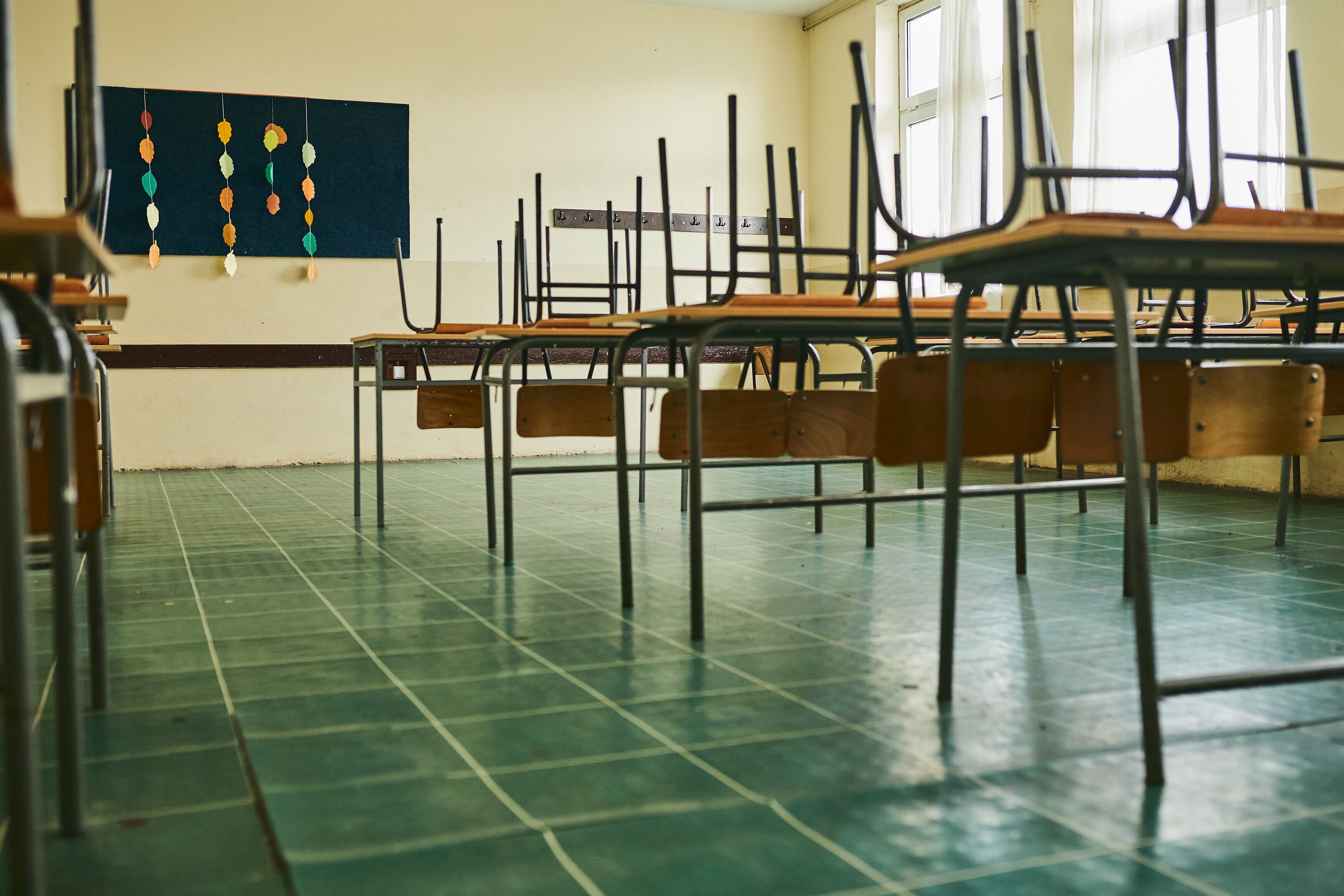Sign up for Chalkbeat Indiana’s free daily newsletter to keep up with Marion County’s public and charter schools and statewide education news.
Vanguard Collegiate of Indianapolis will close roughly two months into the school year, citing declining enrollment.
In a letter to parents last week, the charter school’s executive director said its last day will be Oct. 6. The school, which opened in 2018 in the Hawthorne neighborhood on the city’s west side, serves students in grades 5-8 and had an enrollment of 71 as of last school year, according to state records. It recently moved into the Hawthorne Community Center.
“Please know that we fought hard for you, our beloved school community. And in that fight, we realize that the right thing to do is to close,” executive director Robert Marshall said in the letter. “Now, our number one priority is to ensure that your child gets enrolled in a new suitable school of your choice.”
It’s the second charter school in less than a year that has announced a closure during the school year, a practice that charter school accountability experts say causes disruptions for families who then scramble to find new schools. Since the state created the charter school law in 2001, 29 brick-and-mortar and blended learning charter schools in Marion County have closed, or roughly 30% of the 94 that have opened, according to a Chalkbeat analysis.
Marshall did not immediately respond to a request for comment.
The school is authorized by the Indiana Charter School Board, which approved a five-year renewal of its charter last fall.
The school’s initial charter application had ambitious enrollment projections, with plans to grow from 120 students in 2018 to 480 by its fifth year.
After Vanguard moved to the Hawthorne facility, it reduced enrollment to operate as a micro-school, said James Betley, executive director of ICSB. The school was aiming for 90 students this year but had 40 students as of a few weeks ago, Betley said.
“That was one of those renewals where we probably could have leaned the other way,” Betley said of last year’s decision to renew the school. “But there was enough evidence that they could keep going.”
The school is directing families to the city’s unified enrollment system, Enroll Indy, to find a new school and is also hosting an enrollment fair later this month.
“Today, our hearts are heavy. We are grateful for the opportunity to educate and build relationships with your child and family,” Marshall said in the letter. “We hope that we have lived up to the promises we made to each family.”
Amelia Pak-Harvey covers Indianapolis and Lawrence Township schools for Chalkbeat Indiana. Contact Amelia at apak-harvey@chalkbeat.org.
Correction: This story has been updated to reflect the number of charter schools that have opened and closed since 2001.





